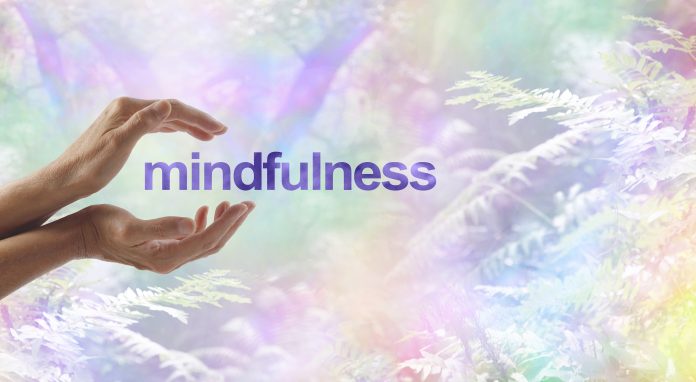What would life be like if you weren’t breathing? Quite simply, there would be no life if you stopped breathing for an extended period of time. Years ago, I witnessed a colleague of mine struggling to breathe, choking during a company dinner. Unable to speak, with force she pushed out the table where she was sitting to get everyone’s attention. Another colleague revived her using the Heimlich maneuver. We all were so grateful that my colleague recovered from this ordeal. We also were reminded just how precious our breath is.
The ability to breathe is truly a gift that sees you through each day. It brings oxygen into your lungs which then gets transported through the entire body to produce energy. It is amazing that you can be breathing mindlessly on automatic 24-7 while partaking in your other activities of daily living. You wake up, shower, eat. Your day may involve going to school, working at a job, shopping or caregiving. When the day is done, you go to sleep.
While involved in all your daily activities, you are breathing. Who knew? You do know, of course but it is most often taken for granted, done without awareness. However, you can be empowered through raised awareness to use your breath as a means of assisting you in daily coping. This can be done by practicing mindfulness. Regular mindfulness practice can assist you to be more alert, calmer, improving concentration and memory.
Mindfulness is the act of paying attention to what is happening in the present moment. It is really not unusual to be spending present moments stewing over the past, planning or worrying about the future. The dilemma then is that it takes away the contentment that the moment can offer because you are not still, feeling unsettled and striving to get somewhere.
Since you can only acknowledge the breath while it is happening in the moment, acknowledging your breath assists to bring you into the present moment. Self monitoring with self awareness can also assist in assessing how you are breathing. In situations of adversity and loss, your breaths may become quick and shallow. During tense situations, you can gain more control by mindfully changing from shallow breathing, taking slow, deep breaths to relieve tension.
Mindful meditation of the breath involves paying attention as you are breathing. Experienced meditators and those who are new to meditation can follow this short guided meditation on a daily basis to help reinforce or start regular mindfulness practice. You are more likely to obtain positive outcomes the more frequently you practice.
AcknowledgeAssessAssist yourself. Practicing the breathing meditation can help you towards living mindfully and reaping the calm, alert, energizing benefits.























